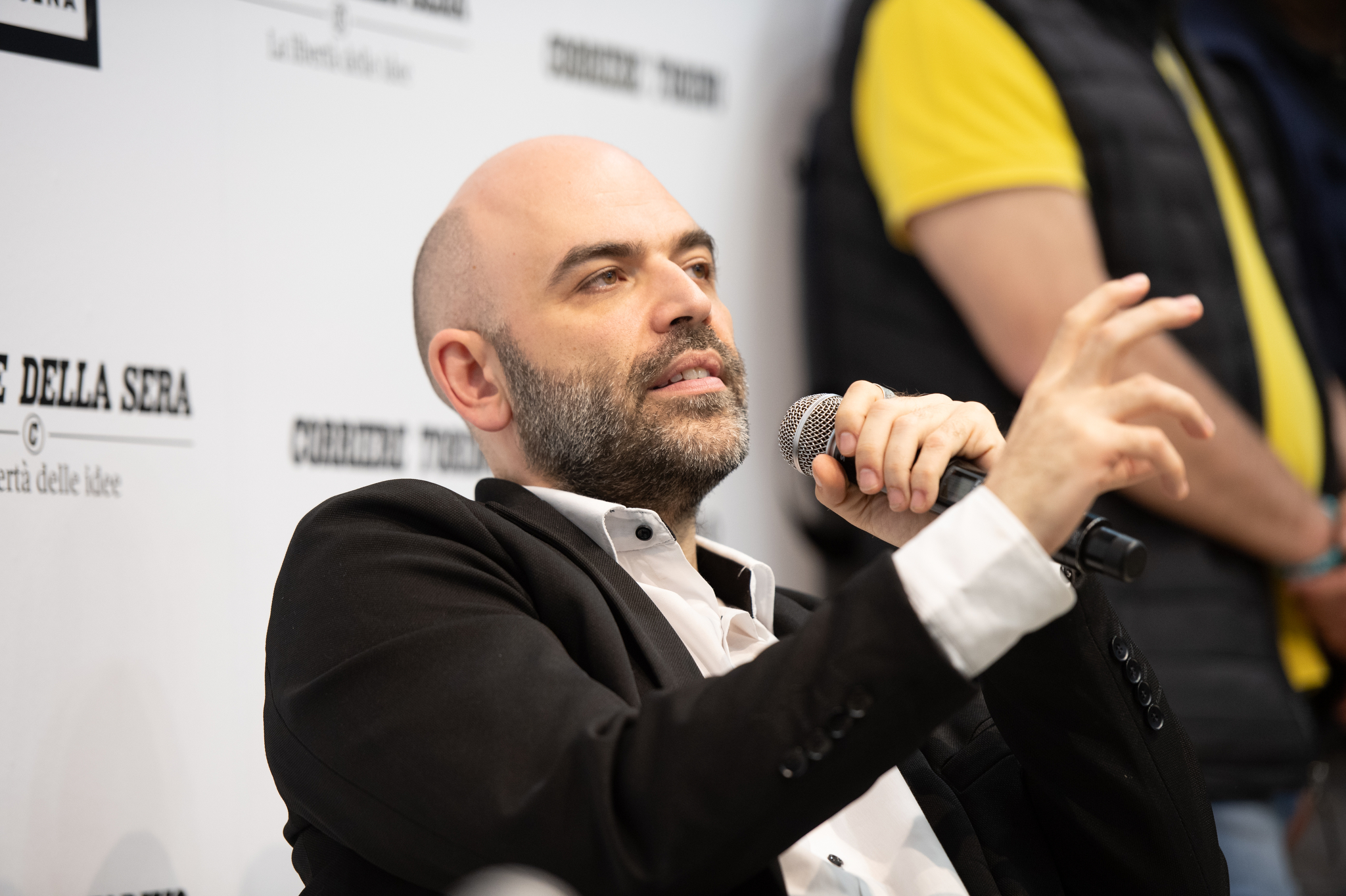Brussels, Oct. 21 (LaPresse) – “Carrying out an attack on a journalist in the 1980s, 1990s or early 2000s — a non-lethal attack, but still an attack — meant strengthening them, because it gave them visibility, attention, importance. Over the past nearly 50 years, when a journalist was killed, it was a very delicate operation, because it pushed prosecutors — the judiciary — to investigate what that journalist had written.
In Italy, for instance, when the Camorra killed Giancarlo Siani at the end of the 1970s, they immediately needed to delegitimize him, because they didn’t want attention drawn to his journalistic work.
So today, when the attack on Sigfrido Ranucci happens, those who committed it didn’t realize that they were actually strengthening him — that now he’ll be invited everywhere, that they can’t cancel his program anymore. Do you know why they didn’t think this through? Because today that logic no longer holds true. Today you can be attacked, receive everyone’s solidarity, but a month later be dragged into court again, be the subject of personal smear campaigns, and be sidelined professionally if something you say doesn’t align with governments or power structures.”
These were the words of Roberto Saviano, speaking at a press seminar in the European Parliament in Strasbourg on the Daphne Caruana Galizia Prize.
“Organizations or individuals who target you know that public attention is instantaneous — solidarity comes right away — but trials last twenty years. In the long run, it’s just you and the threats left behind, you as an individual journalist and the financial troubles you’ve fallen into,” he added.
© Copyright LaPresse


